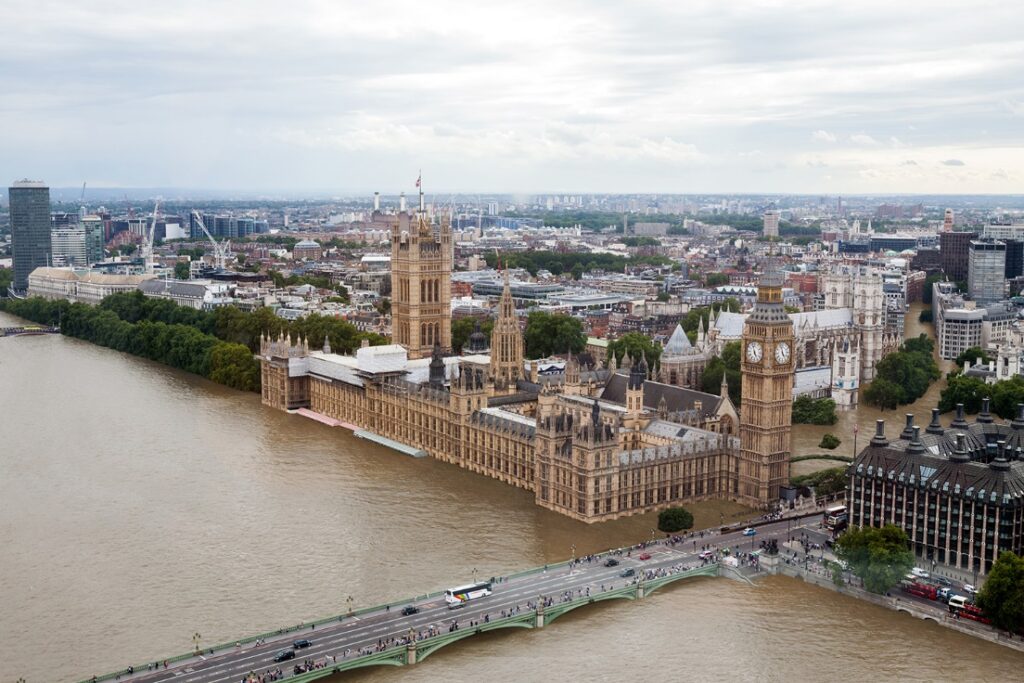The Department of Business, Energy and Industrial Strategy (BEIS) is seeking views on how to drastically change the consumption of heat and energy in non-domestic properties after uncovering potential savings of over £1.3 billion a year from private sector initiatives.
In a recently launched call for evidence (CfE), data collected by BEIS found that there was potential for savings of 63,160 GWh/year from increased energy efficiency, representing a 39% reduction from current levels of consumption.
The study also concluded that over a third of this abatement potential (22,080 GWh/year) could come from measures with a private investment payback of three years or less. The bill savings from these measures was £1.3bn a year, in addition to the undisclosed funds which could be saved from the remaining consumption reductions.
The data was collected from a building energy efficiency survey (BEES) of 1.57 million non-domestic properties in England and Wales, where the potential for savings were considered across all types of building. The most cost effective measures were identified to be lighting upgrades improvements in building energy management and insulation.
BEIS’ report also recognised the need to overcome a number of barriers to increased energy efficiency, most commonly found to be economic such as low capital availability and investment or hidden costs. Organisational barriers as well as those related to identifying opportunities to save energy were also found, in addition to behavioural barriers.
Despite the significant scope of the department’s BEES, the call for evidence states: “Our current knowledge of non-domestic sector buildings and their energy requirements is based on limited data and information.”
It is therefore seeking significant engagement from industry after identifying that reducing energy consumption and heat requirements within the buildings sector will be “crucial” to meeting the UK’s climate change targets set out in the fourth and fifth carbon budgets.
“Heating costs and emissions from non-domestic buildings will need to fall as part of our overall strategy and to meet our Carbon Budgets. We are seeking views and evidence to help us develop options as part of a long term framework, with the first wave of interventions implemented within this Parliament,” the CfE states.
It is estimated that non-domestic buildings in the UK account for 17% of energy consumption and 12% of greenhouse gas emissions.
BEIS is therefore looking to develop a framework designed specifically to address the use of heat and energy within commercial and industrial building stock. Currently, official government legislation exists only in the form of Building Regulations, which set minimum energy efficiency requirements for new buildings and when work is carried out to existing buildings.
From April 2018, Energy Efficiency (Private Rented Property) Regulations will require non-domestic private rented properties to have a minimum Energy Performance Certificate (EPC) Band E rating at the point at which a new tenancy is established or a current tenancy is being extended. This will only apply if the measures meet a seven year payback and will offer a number of prescribed exemptions.
This EPC E requirement will be extended to all non-domestic private rented properties from 2023 even where no change in tenancy has occurred.
In addition, BEIS is now seeking to add to this by promoting greater private sector activity.
It states: “The ultimate aim should be for government to set the framework, and let the markets deliver. This requires setting long-term, transparent signals for the market, giving the confidence to invest and innovate, improving the performance of products and systems and bringing down costs to consumers.”
This framework will seek to rebuild trust in government energy policy which has failed to deliver long term certainty in recent years following a series of sudden and unexpected changes, particularly to domestic regulations.
The CfE will remain open until 27 January 2017 and the full document can be found here.






